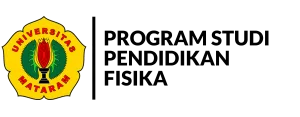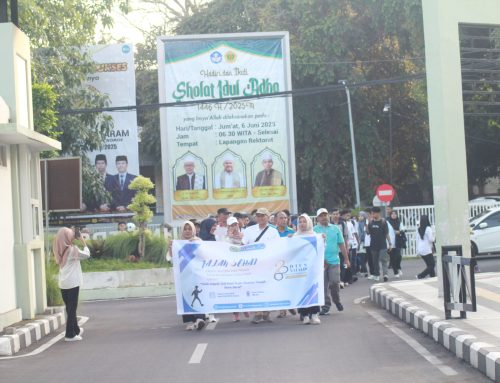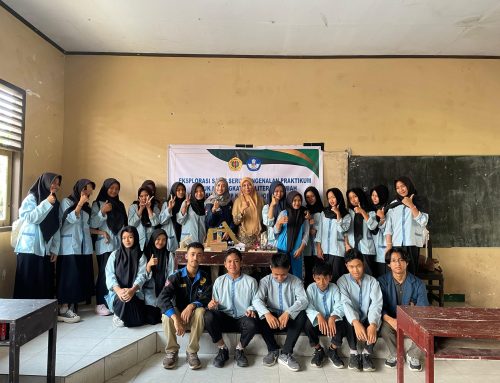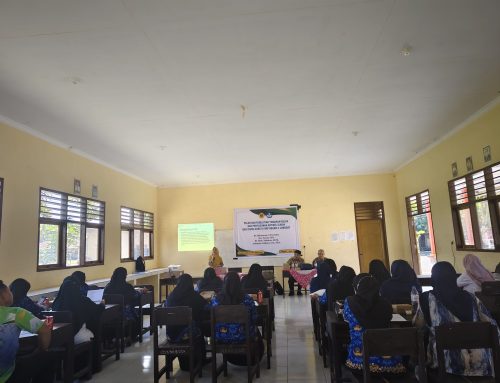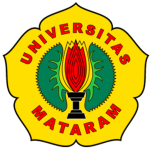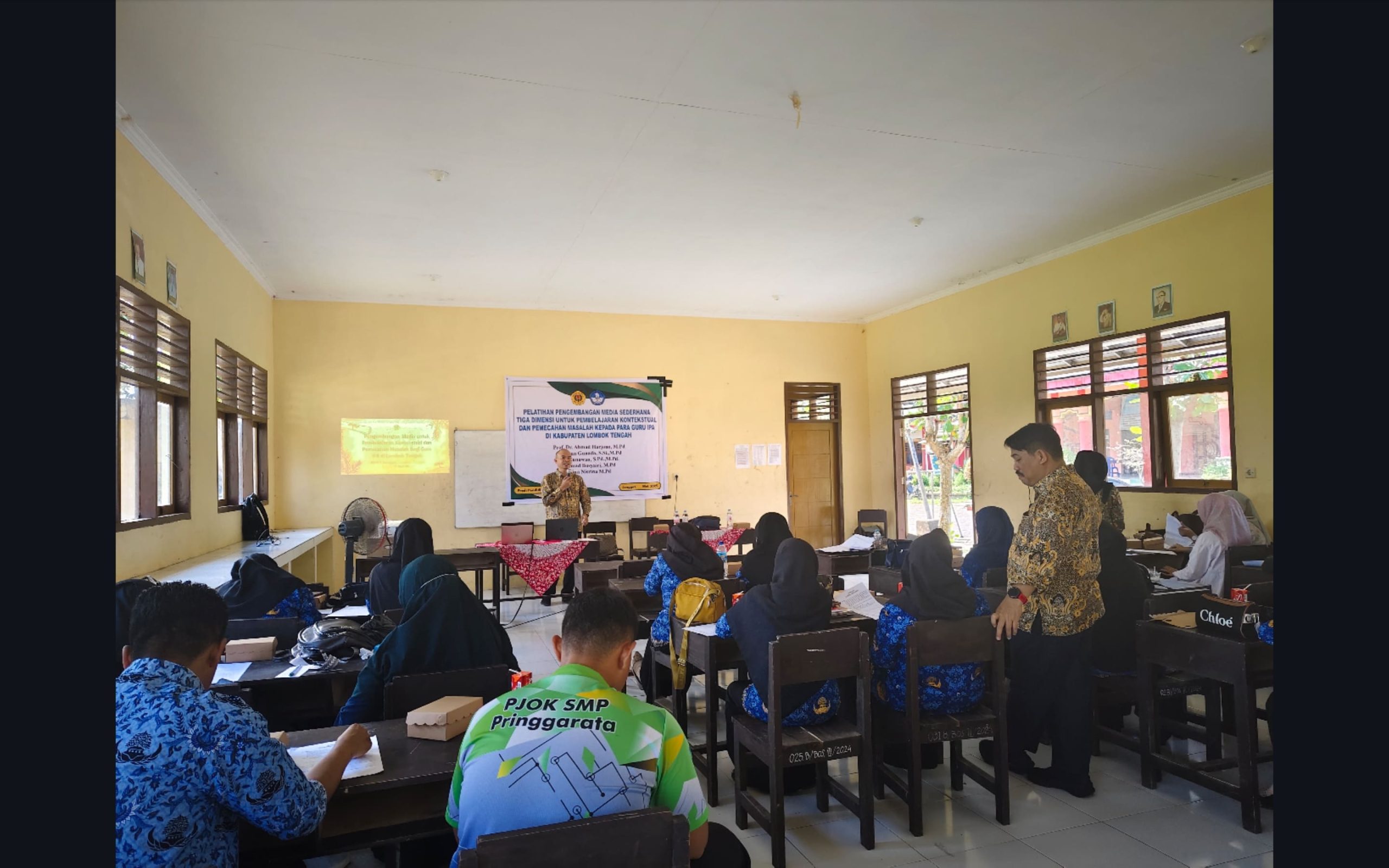
As part of its commitment to support more contextual, engaging, and meaningful science education, a community service team recently organized a training session titled “Workshop on Developing Simple 3D Media for Contextual Learning and Problem Solving for Science Teachers in Central Lombok.” This initiative aimed to equip teachers with practical skills to design and create low-cost, easy-to-make 3D teaching aids that are relevant to students’ local environment. The use of such media is expected to bridge the gap between abstract science concepts and tangible learning experiences, enabling students to observe and manipulate physical models directly—thus enhancing critical thinking and problem-solving abilities.
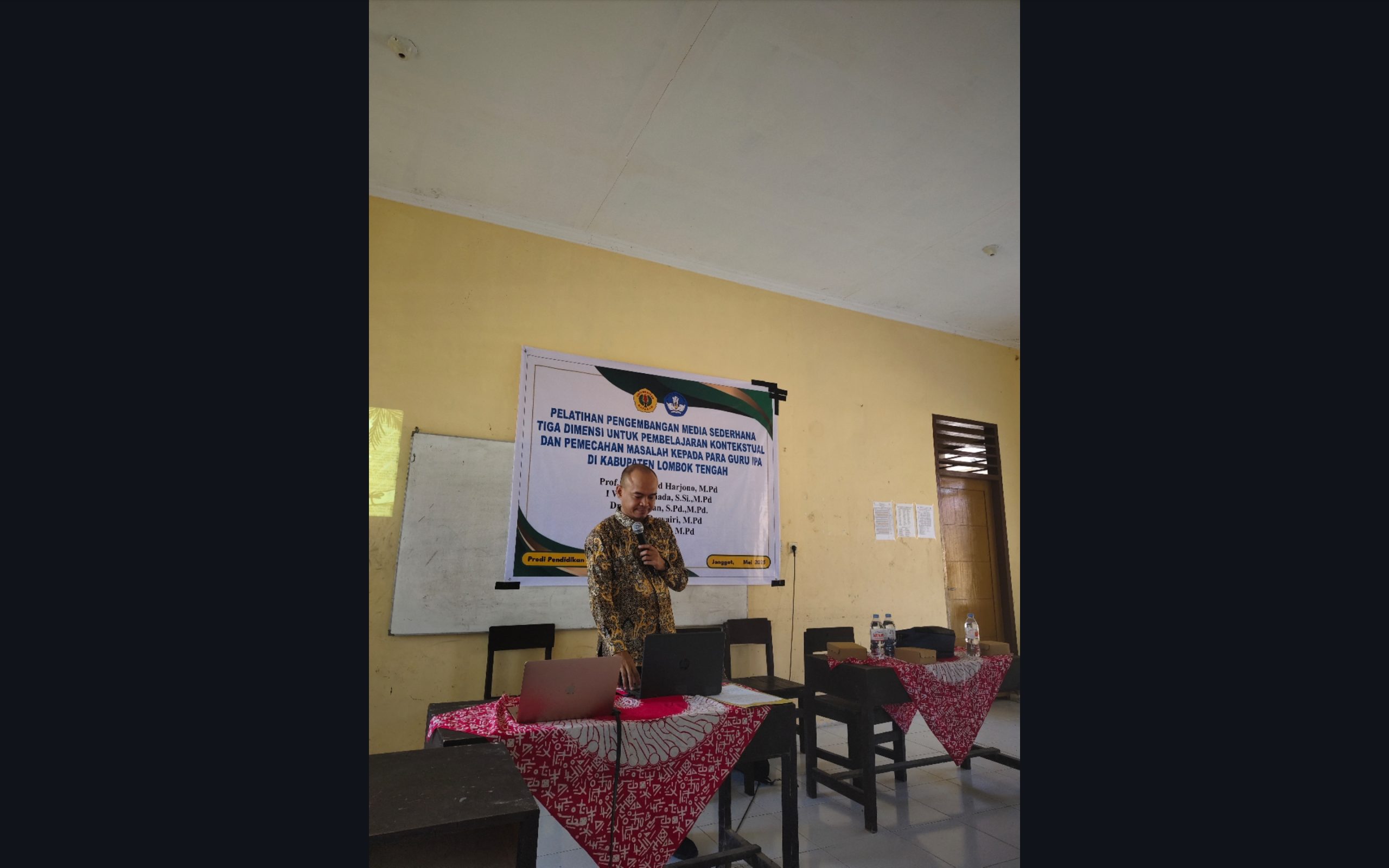
During the workshop, participants were not only introduced to the theoretical foundations of contextual learning and problem-based learning (PBL), but were also actively engaged in hands-on sessions where they collaborated in groups to design and build 3D teaching tools. Materials used included recycled and easily accessible items such as cardboard, plastic, light wood, and other upcycled materials.
The training was delivered in an interactive and enjoyable format, guided by experienced facilitators in the field of science education media development. Each teacher had the opportunity to produce a media prototype that could be directly implemented in their classrooms—particularly useful for teaching abstract science concepts that are often challenging to grasp through traditional lecture-based methods alone.
Through this initiative, science teachers at SMPN 2 Jonggat are encouraged to innovate and adopt a more student-centered and context-based teaching approach. Beyond improving practical skills in media creation, the training also served as a platform for exchanging ideas and inspiration among educators.
Ultimately, the project aims to foster a culture of local-context innovation in teaching, aligned with 21st-century skills, and to strengthen functional scientific understanding among students—by making science learning not only more accessible, but also more enjoyable and relevant to their daily lives.
